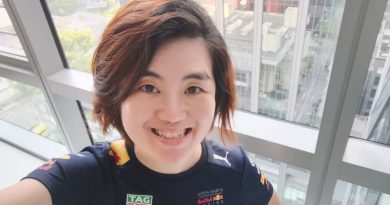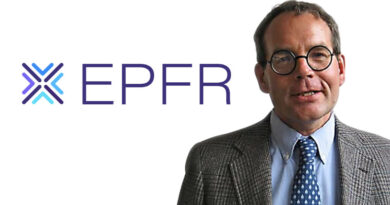Interview: David Gibson of Astris Advisory Japan on the demand for independent research
HFC’s Stefan Nilsson checked in with David “Gibbo” Gibson, Chief Investment Advisor at Astris Advisory Japan about the increased interest and demand for independent research. Gibbo has a wealth of experience in the equity business. Prior to Astris Advisory, Gibbo worked at Macquarie Capital Securities Japan where he held a number of roles over 18 years in both the US and Japan. His last role was Head of Research in Tokyo where he managed a team of 20 people, and he combined that with covering game software, media and Internet stocks. He has fund management expertise at HSBC Asset Management and National Mutual Funds Management, both in Australia, before joining Macquarie in 2000.
What has the introduction of the MiFID II regulatory reform for financial markets in the European Union in 2018 meant for your business?
It triggered the idea of creating Astris as we could see clients wanted to buy independent research and not pay for services bundled together that they did not want.
You have previously worked for big finance houses HSBC and Macquarie. What are the advantages and the challenges with building a new independent research platform in Japan?
Large finance houses are like trying to steer the Titanic away from the iceberg. We can all see it but no one wants to upset the existing business. As we describe it: “independent thought, quality advice”. The biggest advantage of independent advice is it is focused on delivering alpha for the clients and users and not biased by trading or corporate advice, etc.
You have opted to make your service quite exclusive and not publish public recommendations. Is this a way of differentiating your service from the competition? Are you not losing out on some publicity?
We do publish recommendations on Bloomberg, but that is it. We do not contribute to EPS (earnings per share) consensus, etc. Our analysis and numbers are exclusive for the subscribers. We do publicity by appearing on CNBC, WSJ, Asia Nikkei, NY Times, etc.
Here in Japan, you are well known for your gaming, media and Internet research. How is your approach to research in these sectors different from the competition?
Play to your strengths – I have covered the Australian, US, EU and Japan markets, so it is an international perspective. I used to be a buy-side PM, so when I write, I put myself in the clients’ shoes and write what the clients would be interested to know. Substance over noise – I’m no longer trying to compete with 25 brokers writing the same boring results note. No longer chasing a tail of clients who are over 4,000 people, but focused on less than 100 and adding value/analysis and insight. More data – I buy credit card and other data that few if any securities houses would buy or has the budget for. That augments/guides my stock calls and increases my hit rate. I and not we – notes are written in natural language, no longer need to interpret what analyst meant. If I get it wrong, I say it, if I want to upgrade, I say it and why. More collaborative – clients tell me what they are interested in learning, so I research and write about it. For example, a client asked about BASE (4477), so now I cover it. More commercial – have sell recommendations, write pre-IPO research – Uber/Unity/ANT. On WeWork, I wrote “Dear Masa, Did anyone tell you that’s a bad deal?” Upgraded ZOZO//Mercari on credit card data.
What’s the most significant recent development in the sectors in Japan that you cover?
Shift to cashless/app payments in Japan. Covid accelerating the structural shift to more EC and games consumption. Next-generation console launches.
Japan has a new prime minister in place and is at least making some noise around making Tokyo a better, more efficient financial centre. Are there tangible things happening that you are noticing?
I have not seen anything as yet, hope they are able to make it so. The government’s own initiatives to digitise is a great background for potential reform as well.









